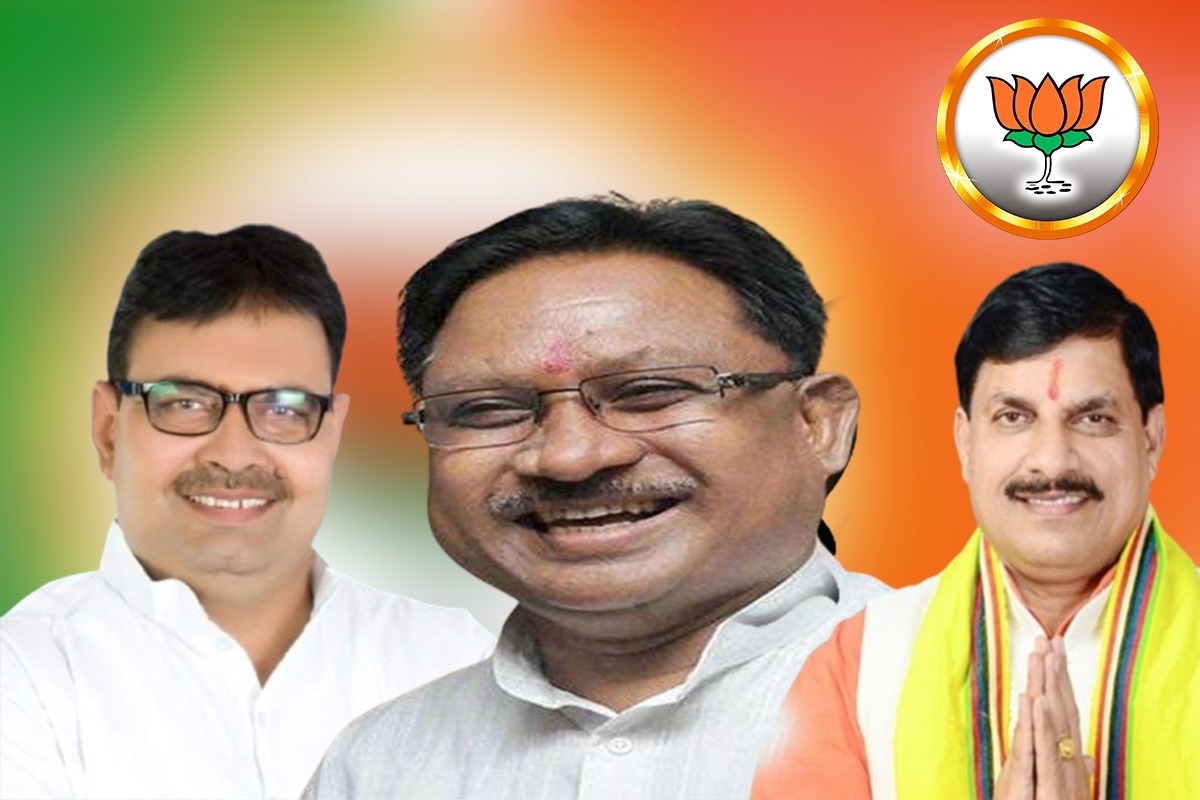The Bharatiya Janata Party (BJP) has elected new chief ministers and deputy chief ministers in three heartland states – Madhya Pradesh, Rajasthan, and Chhattisgarh. These appointments follow the party’s impressive victories in the three states, where it managed to overcome both anti-incumbency and dislodge the Congress from power as well. The selections also reveal the party’s careful and strategic approach to caste representation, which is a crucial factor in Indian politics.
Caste is a complex and sensitive issue in India, where it shapes the social, economic, and political realities of millions of people. Caste identities often influence voting preferences and political loyalties of various groups and communities. Therefore, political parties have to take into account the caste dynamics of different regions and states while forming their electoral strategies and governance policies.
The BJP, which has emerged as the dominant national party in recent years, has been particularly adept at crafting a broad-based and inclusive appeal across castes. The party has successfully mobilized the support of various caste groups, especially the Other Backward Classes (OBCs), the Scheduled Castes (SCs), and the Scheduled Tribes (STs), who together constitute the majority of the population. The party has also maintained its traditional base among the upper castes, who are often seen as its core supporters.
The party’s selection of the new chief ministers and deputy chief ministers in the three heartland states reflects caste inclusiveness and balance. In Madhya Pradesh, the party chose Mohan Yadav, an OBC leader from the Yadav community, as the new Chief Minister, replacing the veteran Shivraj Singh Chouhan, who also belongs to the OBC category. The party also appointed two deputy chief ministers – Jagdish Devda, a Dalit leader, and Rajendra Shukla, a Brahmin leader – to cater to the SC and upper caste segments.
In Rajasthan, the party picked Bhajan Lal Sharma, a first-time lawmaker, and an upper-caste leader, as the new Chief Minister, moving past the former Chief Minister Vasundhara Raje, who hails from the influential Rajput community. The party also named two deputy chief ministers – Diya Kumari, another member of the royal family and a Rajput leader, and Prem Chand Bairwa, a Dalit leader – to balance the interests of the Rajput and SC groups.
In Chhattisgarh, the party selected Vishnu Deo Sai, a senior tribal leader from the Kanwar community, as the new Chief Minister, replacing the outgoing Raman Singh, who belongs to the Rajput community. The party has also named two deputy chief Ministers – Arun Sao, an OBC leader from the Sahu community, and another leader from the SC community – to accommodate the OBC and SC segments.
These appointments show that the BJP has thoughtfully empowered all the major caste groups in these states, while also introducing new faces and fresh leadership. The party has also ensured regional representation and gender diversity in its selections while demonstrating its ability to adapt to the changing political landscape and respond to the aspirations and expectations of the people. The party has also signalled its long-term political planning and vision for these states, which are crucial for its national prospects.
The BJP’s caste balance in the heartland states is a commendable example of political pragmatism and social engineering. It is also a reflection of the party’s confidence and maturity in handling complex and delicate issues. The party has shown that it is not only a formidable electoral machine but also a responsible and responsive governing force. The BJP has set a high standard for political leadership and governance in these states and has also enhanced its image and credibility in its political system.









